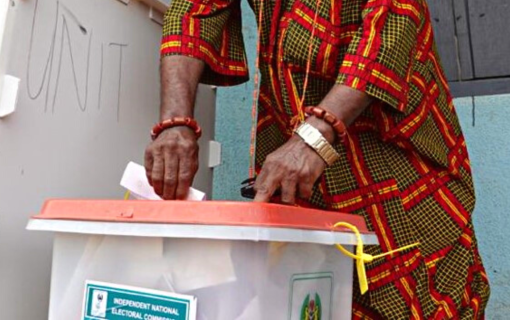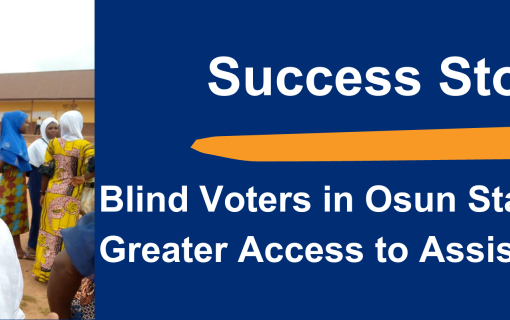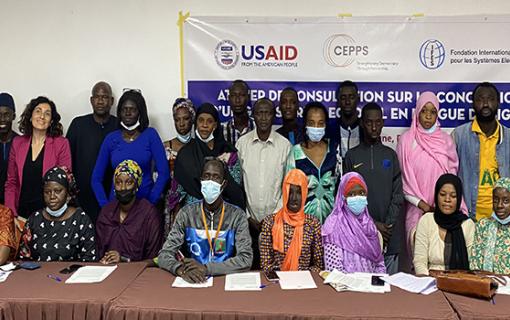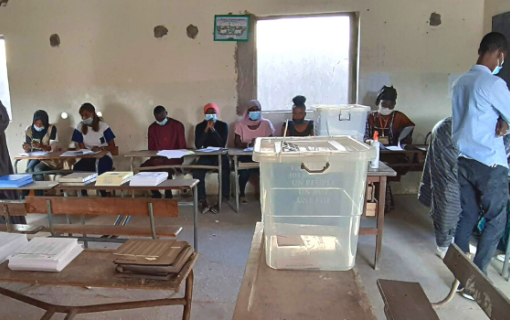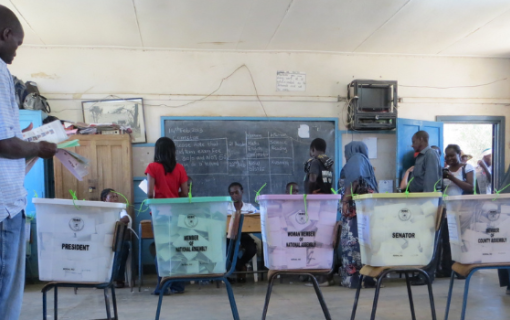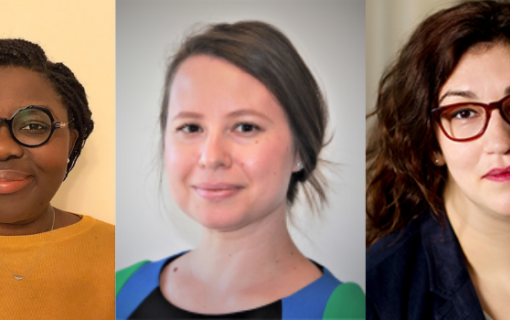Paving the Way for Inclusive Elections in Zimbabwe
In 2009, Zimbabwe formed a Government of National Unity to overcome a political impasse. One of this government’s main tasks is to draft a new constitution for the country that will determine, among other things, the country’s electoral framework. In this Q&A, IFES Chief of Party in Zimbabwe Staffan Darnolf provides an update on the constitution’s drafting process and the efforts that are being made to make elections in Zimbabwe more inclusive.
What is the latest with the constitutional drafting process in Zimbabwe?
The draft constitution was presented and discussed at the second All Stakeholders Conference, held in Harare on October 22, 2012. Prior to this conference, the Zimbabwe African National Union – Patriotic Front had expressed dissatisfaction regarding several critical areas of the constitutional draft, including the devolution of powers and citizenship; both Movement for Democratic Change parties were in favor of the draft text. The conference did not resolve these outstanding issues.
In order to overcome this impasse, the principals to the Global Political Agreement (President Robert Mugabe, Prime Minister Morgan Tsvangirai and Deputy Prime Minister Arthur Mutambara) tasked Minister of Constitutional and Parliamentary Affairs Eric Matinenga with identifying a solution. The principals decided to establish a new, smaller committee led by Matinenga, including a minister from each party. The other three members are the three co-chairs of the Zimbabwe Constitution Select Committee (COPAC). This new committee has met three times in December thus far.
Any hints as to when the referendum on the constitution might be held?
The actual date for the referendum is not yet set. It depends on three factors right now: agreement on the constitutional text by the principals; sufficient funds being made available to the Zimbabwean Electoral Commission (ZEC) to enable them to commence preparations; and sufficient time for the ZEC to conduct voter education, print ballot papers and identify and train 50,000 poll workers.
According to the ZEC, they would require 80 days for preparatory work alone. At present, a referendum is likely to take place in the second quarter of 2013.
When will the next set of elections be held? Does the law require that they take place after the referendum?
According to the Global Political Agreement and Zimbabwean laws, presidential, parliamentary and local elections are to be held once the constitutional referendum has been held. The Southern African Development Community, which is the custodian of transitional arrangements in Zimbabwe, has stressed that this is the order of transitional arrangements. They reiterated this stand in a statement at their Extraordinary Summit of Heads of State and Government held in Dar es Salaam on October 8, 2012.
The recent news from Zimbabwe indicates that only a fraction of the election commission’s budget has been approved. How will this affect things moving forward?
There are some uncertainties regarding the amount of money required to hold the referendum and organize subsequent elections. The ZEC has approached the government and reportedly requested approximately $200 million for the two processes, but this figure can change depending on how much time they will be allocated to perform their duties.
Experience has shown that an electoral calendar can be compressed, but this often comes with an increased price tag and greater risks. An equally important factor is the amount of money set aside in the 2013 budget for these events. The Ministry of Finance currently has $25 million readily available in the budget with an additional $130 million in projected state revenues from the diamond industry, with a possibility of making additional funds available. Having said that, international donors will most likely contribute to the referendum budget and an official request for these elections should be forthcoming.
Can you please tell us about the National Association of Societies for the Care of the Handicapped (NASCOH) and their efforts to increase accessibility to the polls in Harare and Bulawayo?
NASCOH, which consists of over 50 member organizations, is the umbrella body for disabled persons organizations in Zimbabwe. IFES is working with NASCOH on a project to increase the participation of persons with disabilities in the electoral process. This entails reviewing the ZEC’s recruitment policy in order to facilitate the hiring of persons with disabilities as full-time election officials, as well as ad hoc poll workers. Additionally, the project will assess the physical accessibility of 1,500 polling stations in Harare and Bulawayo. Assessment teams are made up of representatives from NASCOH, the Zimbabwe Electoral Commission and persons with disabilities. Based on findings of this assessment, NASCOH and IFES will produce a set of recommendations for the ZEC to improve access to these polling stations.
NASCOH has developed a polling station checklist to be used during assessments and a training manual for training assessors. NASCOH has scheduled a pilot test of the checklist and training manual before December 31, 2012. Training of assessors will commence in January 2013.




